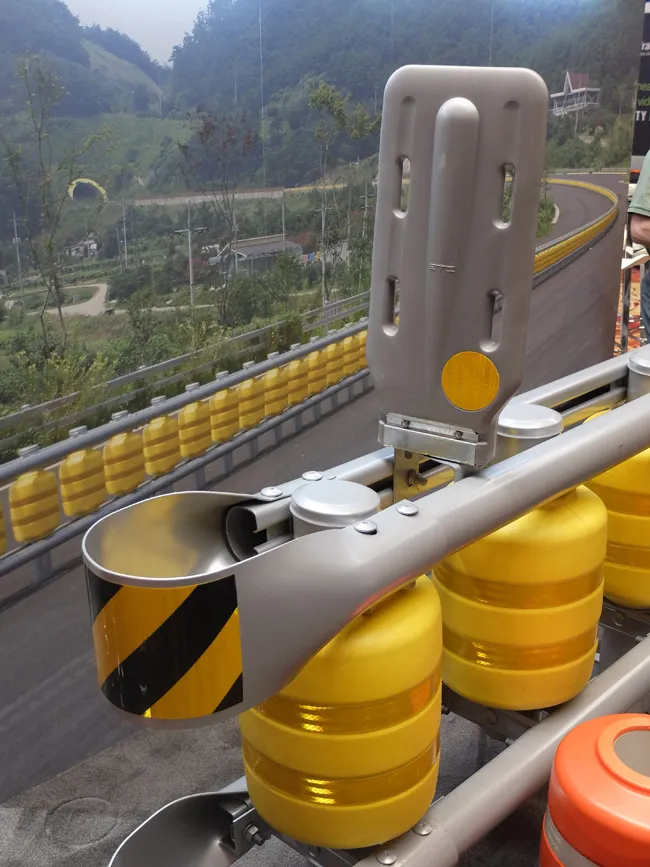Drivers in the US, shocked at fuel costs that have risen to nearly half the price of those in Europe, have taken to using 'hypermiling' techniques to economise. Such techniques involve accelerating gently, minimising use of braking, switching off engines and coasting down gradients. Other more controversial techniques involve inflating tyres to excessive pressures to reduce rolling resistance as well as 'slipstreaming' on highways by driving close to the vehicle in front to reduce air resistance. While wish
July 17, 2012
Read time: 1 min
Drivers in the US, shocked at fuel costs that have risen to nearly half the price of those in Europe, have taken to using 'hypermiling' techniques to economise. Such techniques involve accelerating gently, minimising use of braking, switching off engines and coasting down gradients. Other more controversial techniques involve inflating tyres to excessive pressures to reduce rolling resistance as well as 'slipstreaming' on highways by driving close to the vehicle in front to reduce air resistance. While wishing to save fuel is laudable, US drivers would do well to choose more economical vehicles instead. The cost of crashes caused by over-inflating tyres and driving too close to the vehicle in front will far outweigh the value of the fuel saved.







